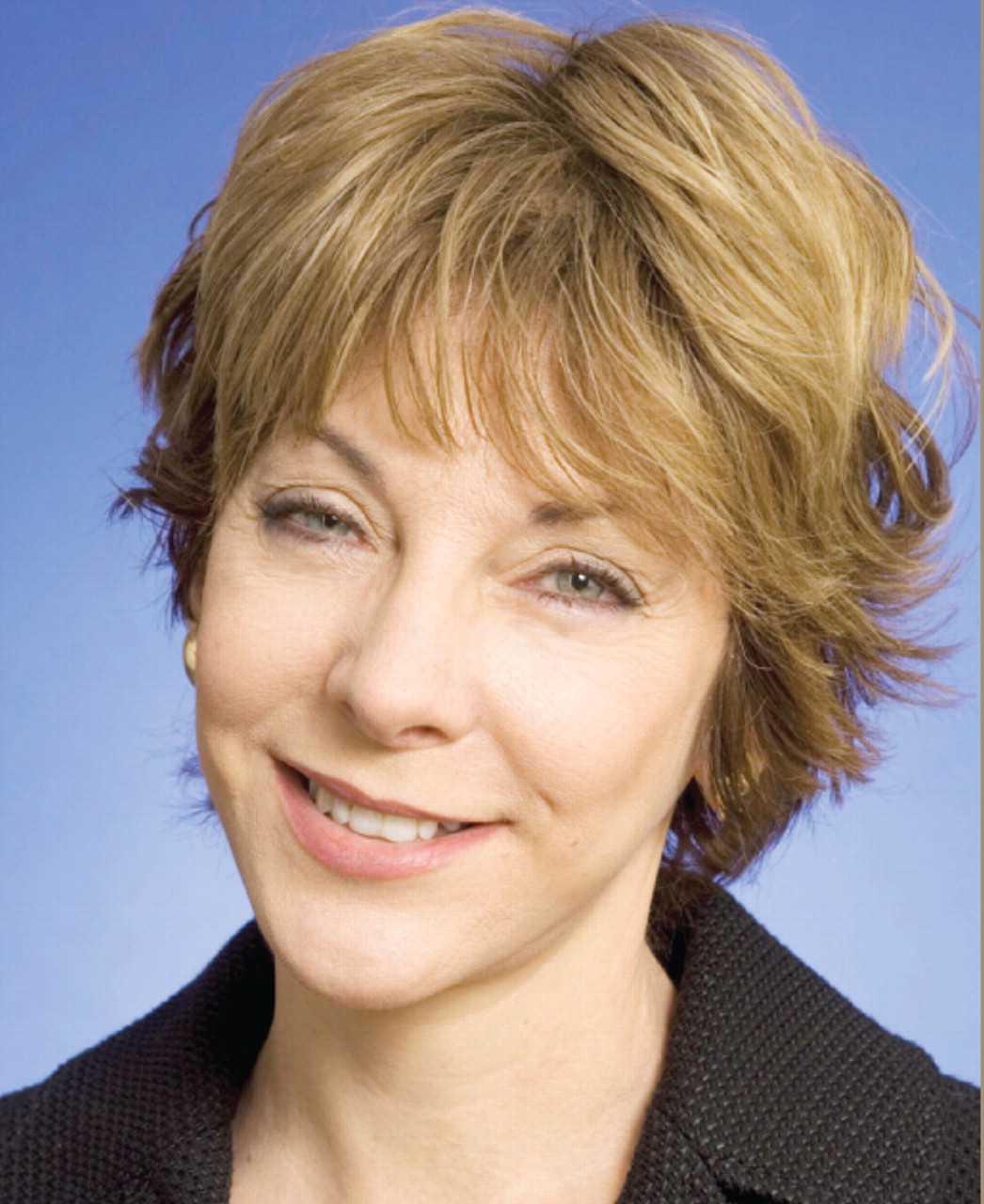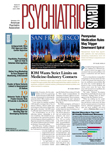Are the genetic revolution and neuroscience demonstrating that there is no such thing as “free will”?
Two political scientists, one newspaper columnist, and one psychiatrist believe that free will is alive and well. They expressed their views at a recent Washington, D.C., press conference on the topic “Genes, Neuroscience, and Free Will” sponsored by the American Enterprise Institute for Public Policy Research (AEI), a conservative think tank in Washington, D.C.
The political scientists were James Wilson, Ph.D., a professor of public policy at Pepperdine University, and Charles Murray, Ph.D., coauthor of The Bell Curve, a highly controversial 1994 book about I.Q. in American society. The newspaper columnist was David Brooks of the New York Times. The psychiatrist was Sally Satel, M.D., author of numerous magazine articles and books and a staff psychiatrist at the Oasis Clinic, a Washington, D.C., alcoholism and drug-addiction treatment center.
The press conference was held at this particular juncture, AEI moderator Christina Sommers explained, because genes seem to play an increasingly large role in people's personalities, outlooks, and behaviors and to threaten the existence of free will. In fact, might genetics and neuroscience advance to the point where they prove that there is no such thing as free will and that people are not morally and legally responsible for their actions? “Our panelists will show us how to negotiate our way through this thicket,” she said.
Antisocial behavior, Wilson reported, has been linked to possession of a particular MAO gene variant, but the variant seems to exert its influence only in conjunction with one or more environmental factors, say childhood treatment (Psychiatric News, November 4, 2005). Wilson thus believes that such evidence discredits the postulation that people's behaviors are totally dictated by their genes.
Murray agreed. Moreover, if one gene influences one behavior, then other genes probably influence others, and these various influences undoubtedly interplay and perhaps even contradict each other. If that is the case, he continued, it too is an argument against the postulation that people's behaviors are totally controlled by their genes.
Free will, Satel explained, is the ability to make a decision about whether to engage in a complex behavior. She said that she believes that free will exists, and that it exists even in addictive behavior, where people's values, desires, and motivations come to bear on their choices. She also said that while she has “incredible respect and admiration” for brain-imaging technology, and while “the seduction of brain images is astounding,” she does not believe that the brain activity that one can visualize with neuroimaging dictates what a person does. Nor does she believe that other advances in neuroscience are going to disprove free will—“We are not going to have a metaphysical meltdown anytime soon.”
Some of the greatest neuroscience discoveries to date, Brooks remarked, demonstrate not only that people engage in unconscious brain processes, but that these processes play a big role in their lives—for example,“ We deeply imitate people around us” or “tend toward things that are familiar to us, even the sound of a word.” Such advances, he added, suggest that people have no control over such unconscious brain processes—that is, lack free will. However, he does not believe this to be the case, he said: free will is influenced, but not eliminated, by the unconscious. Also, “there is a lot we don't know and a lot we will never know [about free will],” he contended.
After all four panelists had spoken, one audience member pointed out that none of the speakers had gotten to the heart of the determinism–free will debate—the quantum mechanics, the chaos theory, in short, the physics underlying brain structures and activities. Another person said that while the speakers had made a good case that the genetic revolution and neuroscience are not disproving free will's existence, at the same time they had not presented any evidence proving free will's existence.
But perhaps the greatest critique that could be leveled against the panelists' free-will postulation is that there were no scientists on the panel who spoke to the other side of the issue. ▪

